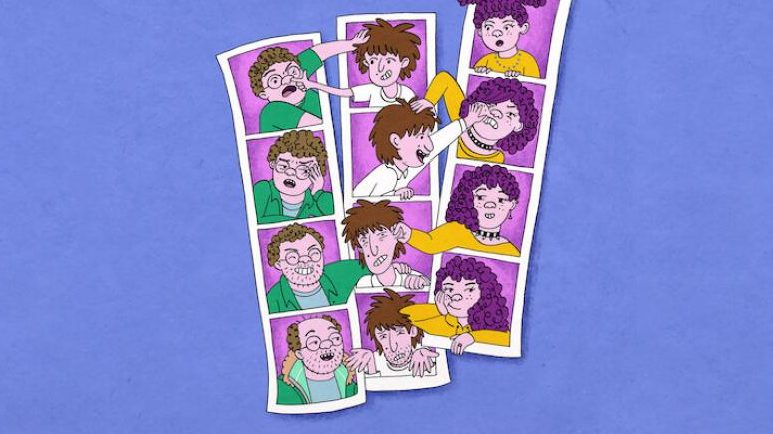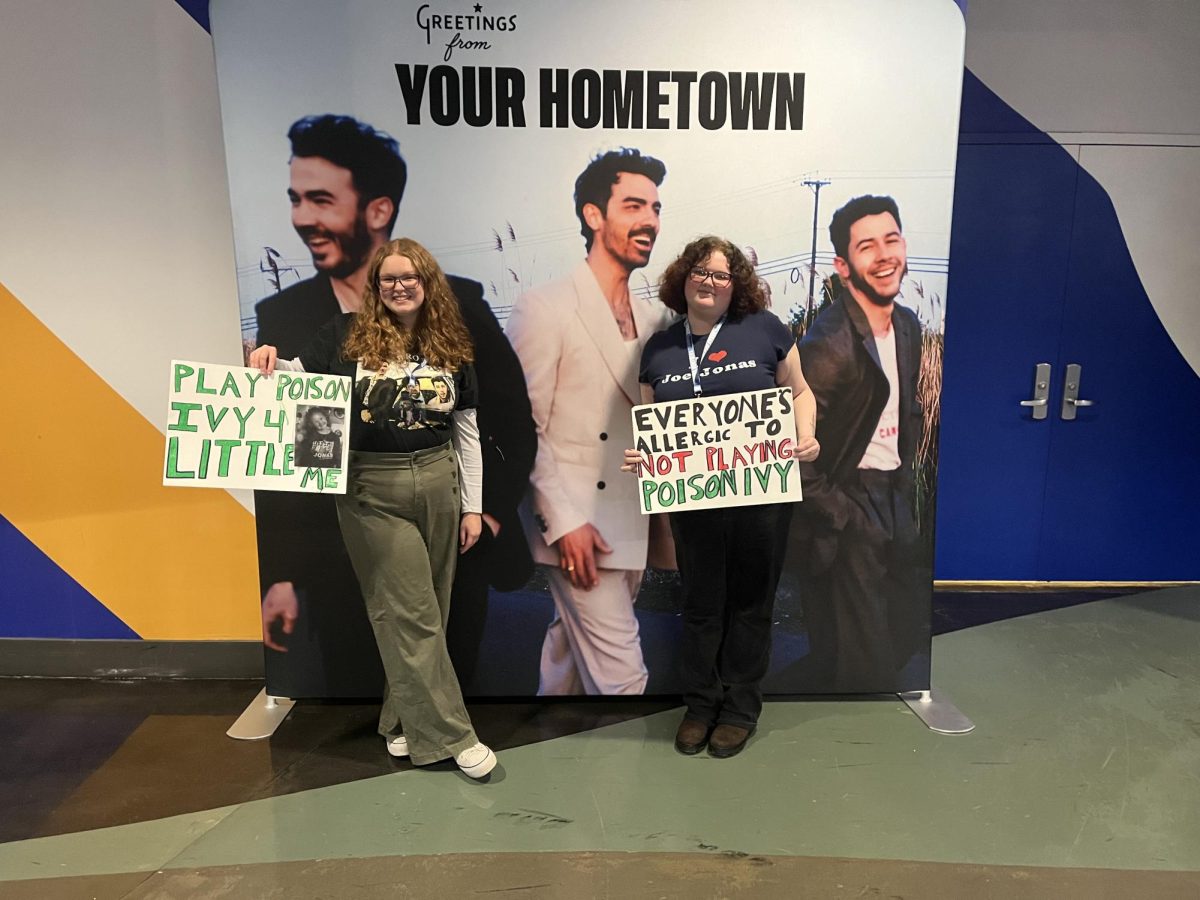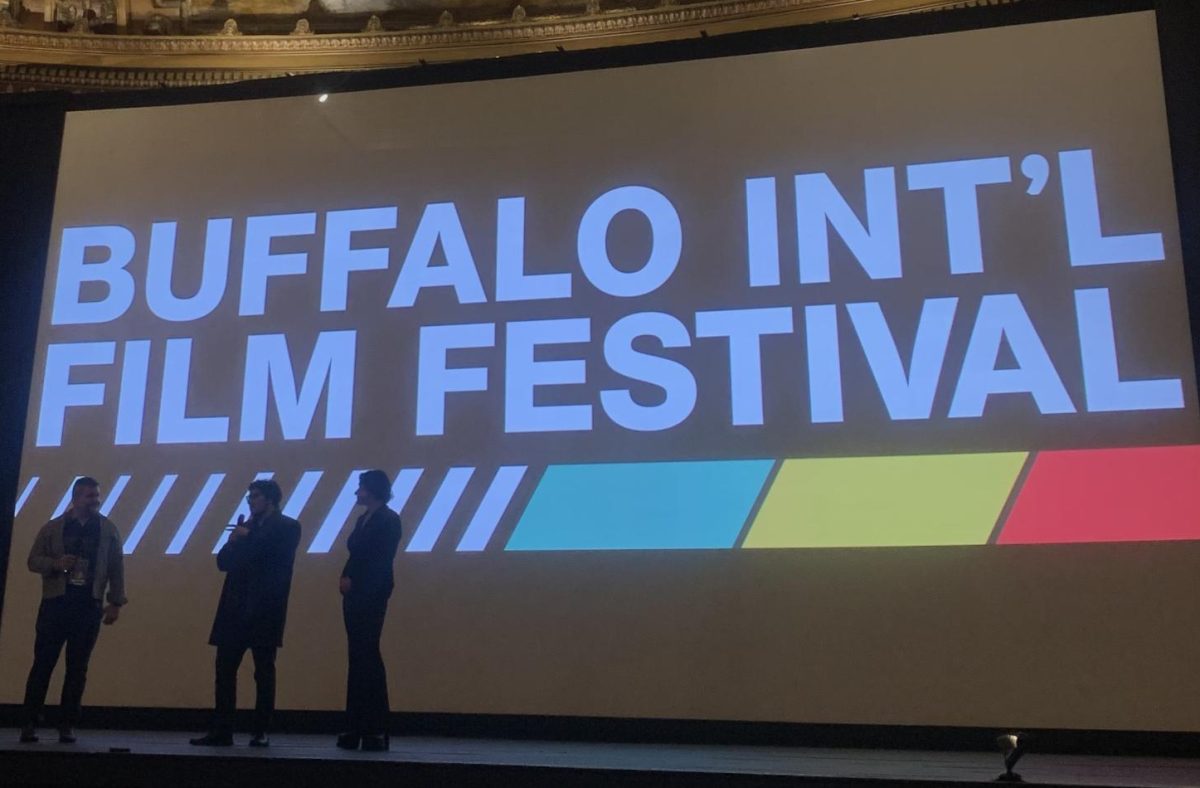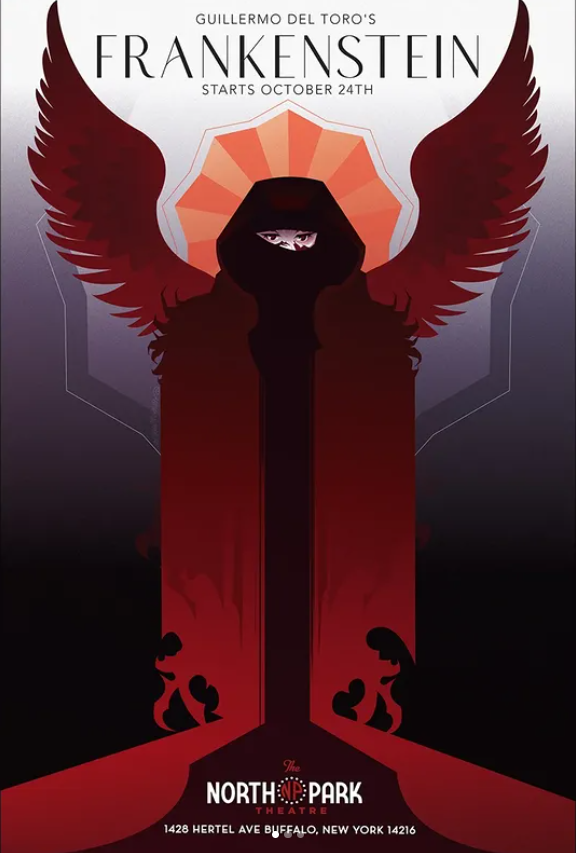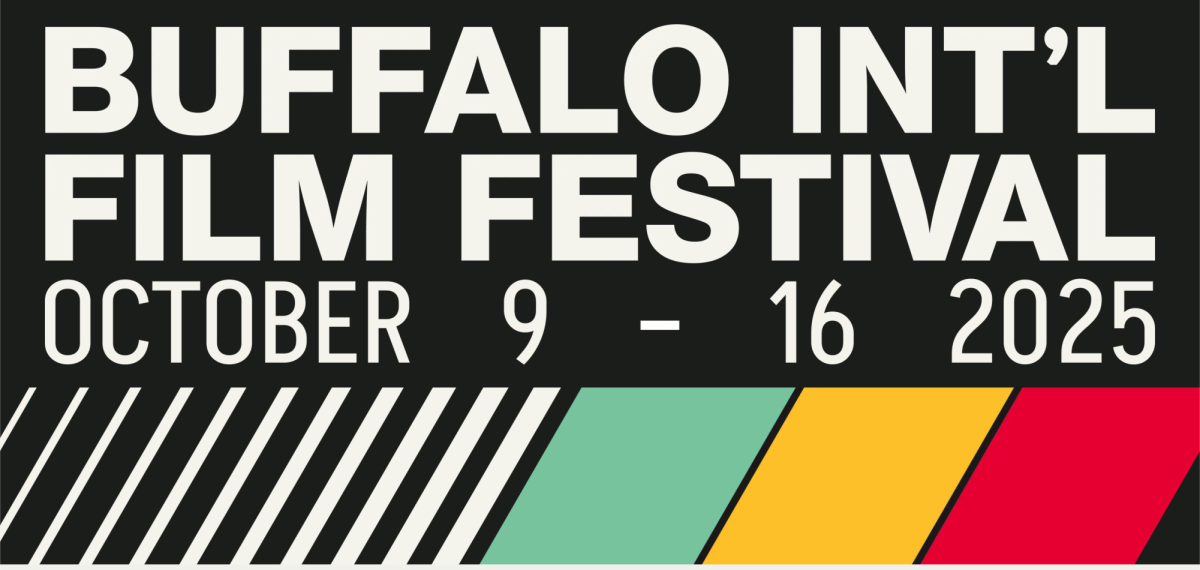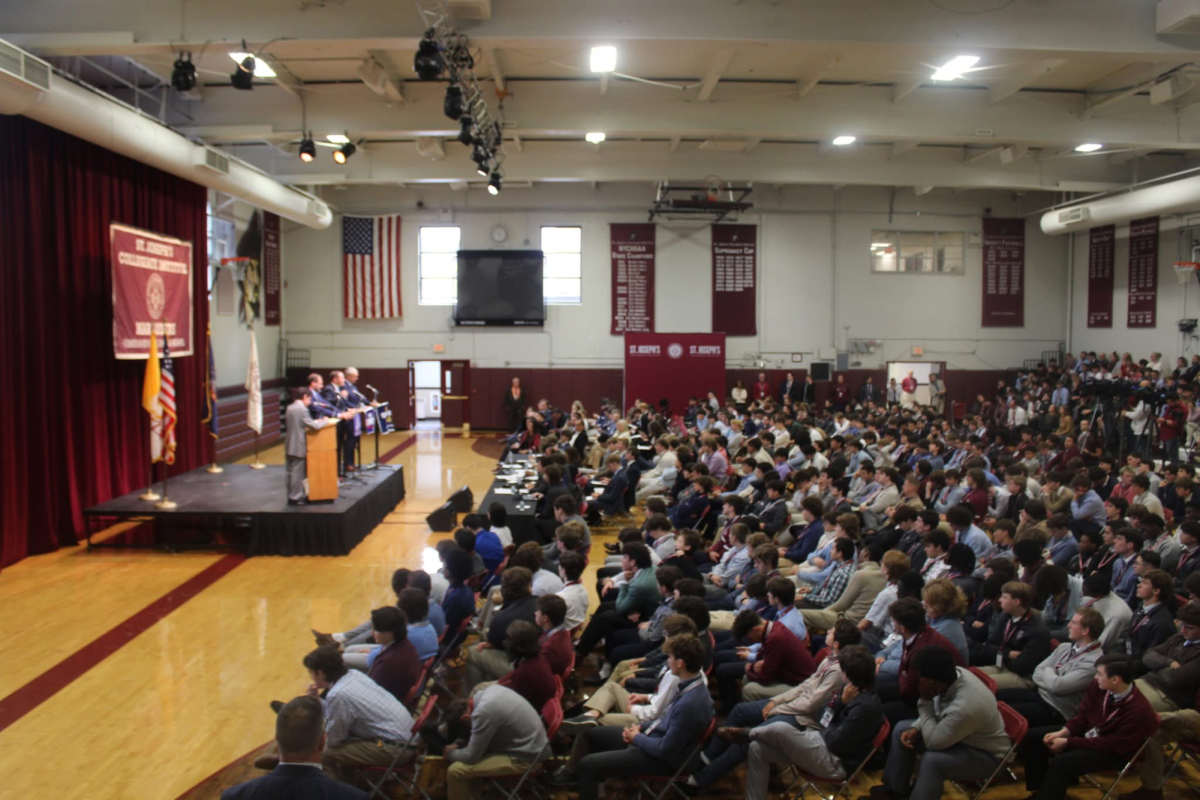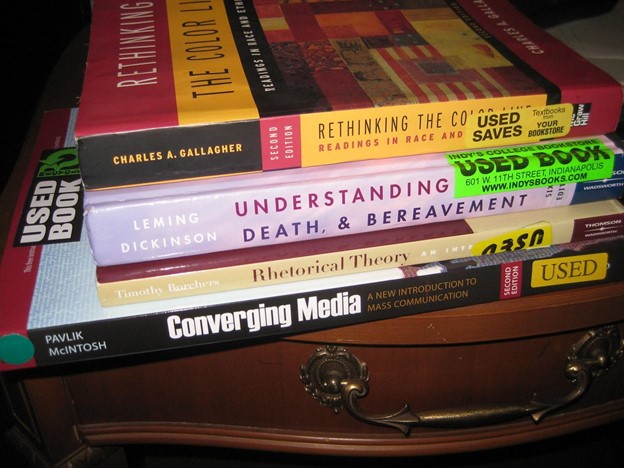If your life were only told through the stories your loved ones share, what would people learn about you? That’s the question at the heart of Long Story Short, which follows Naomi Schwartz, Elliot Cooper, and their three kids: Avi, Shira, and Yoshi Schwooper. The series takes us on a journey through decades of their lives, exploring what it means to grow older, to be Jewish in America, to navigate boundaries, and to reckon with mortality.
Created by Raphael Bob-Waksberg, best known as the creator of BoJack Horseman, the show mirrors its predecessor’s simplistic animation style. But unlike BoJack’s animal-human mashup world, Long Story Short is grounded in the very real streets of Northern California. As with Bob-Waksberg’s earlier work, the characters are not just vessels for gags; they’re complex, flawed people who evolve in meaningful ways.
The show leaps across timelines, beginning in the ‘90s, reaching as far as 2022. With the show getting renewed in July 2025, viewers can’t help but wonder: Will the Schwoopers catch up to the present day? And if they do, will the show jump into one of the most contentious topics in modern Jewish identity, Israel and Palestine?
For many, Jewish representation in the media feels incomplete without some engagement with Israel. The October 7th Hamas attack, which happened on the holiday Simchat Torah, threw Jewish grief and rage into the global spotlight. A ceasefire followed in early 2025, only to collapse months later. Talking about Jewishness without even glancing at that conflict feels dishonest to some.
But Bob-Waksberg himself has said the series is semi-autobiographical, insisting he avoids the dispute because “the Jewish experience is so much more interesting than that.” He wants viewers to get to know this family for all their good and all their many flaws.
This discourse has the internet split wide open. Some say the silence is irresponsible; Jewish media made in this moment can’t afford to dodge the issue: “It’s a show about a Jewish-American family while Israel, a Jewish ethnostate, is committing genocide with overt American financial and political support. I just want to know from anyone who has watched it, how does the show deal with Israel?” (Reddit user u/BidAccomplished7226).
Others push back, furious that people are assuming every Jewish creation must be able to answer for the war: “The show doesn’t mention Israel because, contrary to popular belief, the entire American Jewish experience doesn’t revolve around f-ing Israel. I would consider examining your clear antisemitic views if you think random Jewish people must provide hot takes in all media” (Reddit user u/KvonLiechtenstein).
As a non-Jewish viewer, I can see both sides. Judaism is far richer than a conflict that dominates headlines. But ignoring Israel altogether, especially in this political climate, feels like trying to write a story about America and never once mentioning 9/11. You can do it, but it leaves a hole in the narrative that you can’t ignore.
Maybe the real question isn’t whether every Jewish show has to be political, but whether the media can ever truly avoid politics at all.


